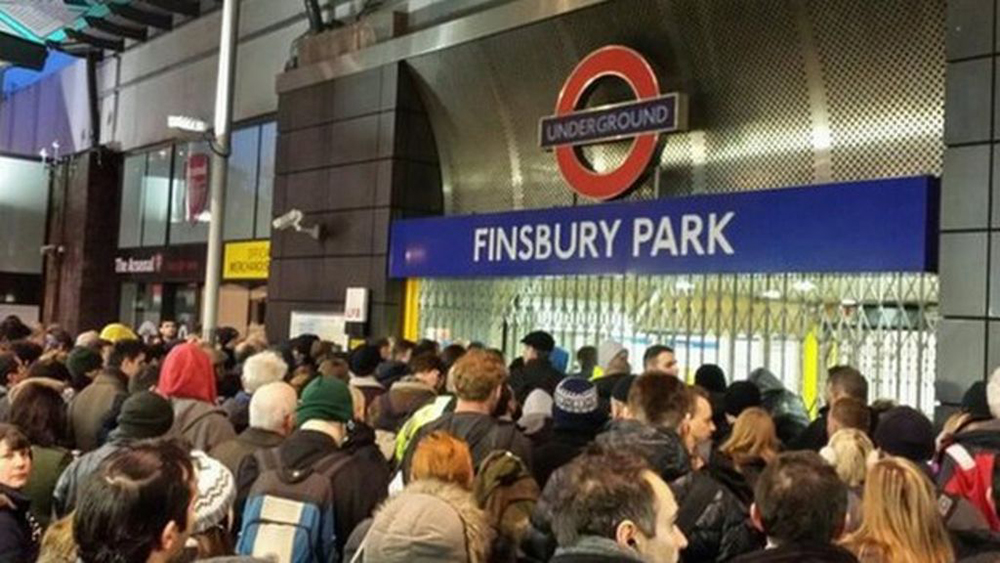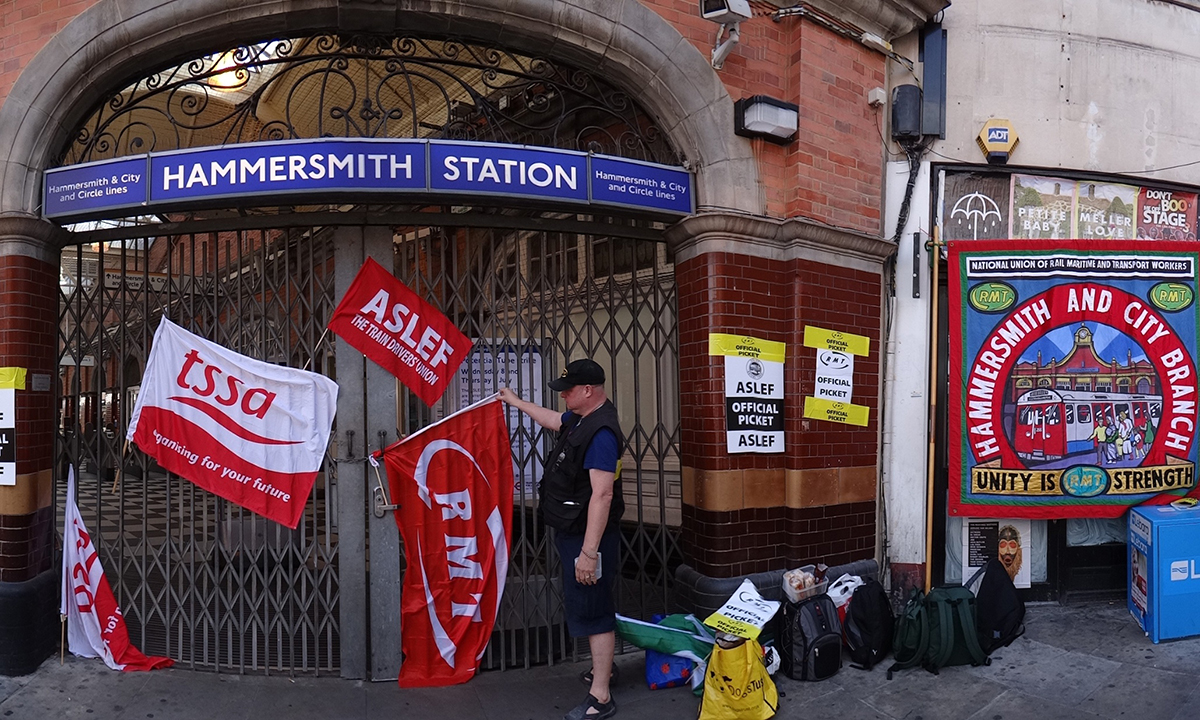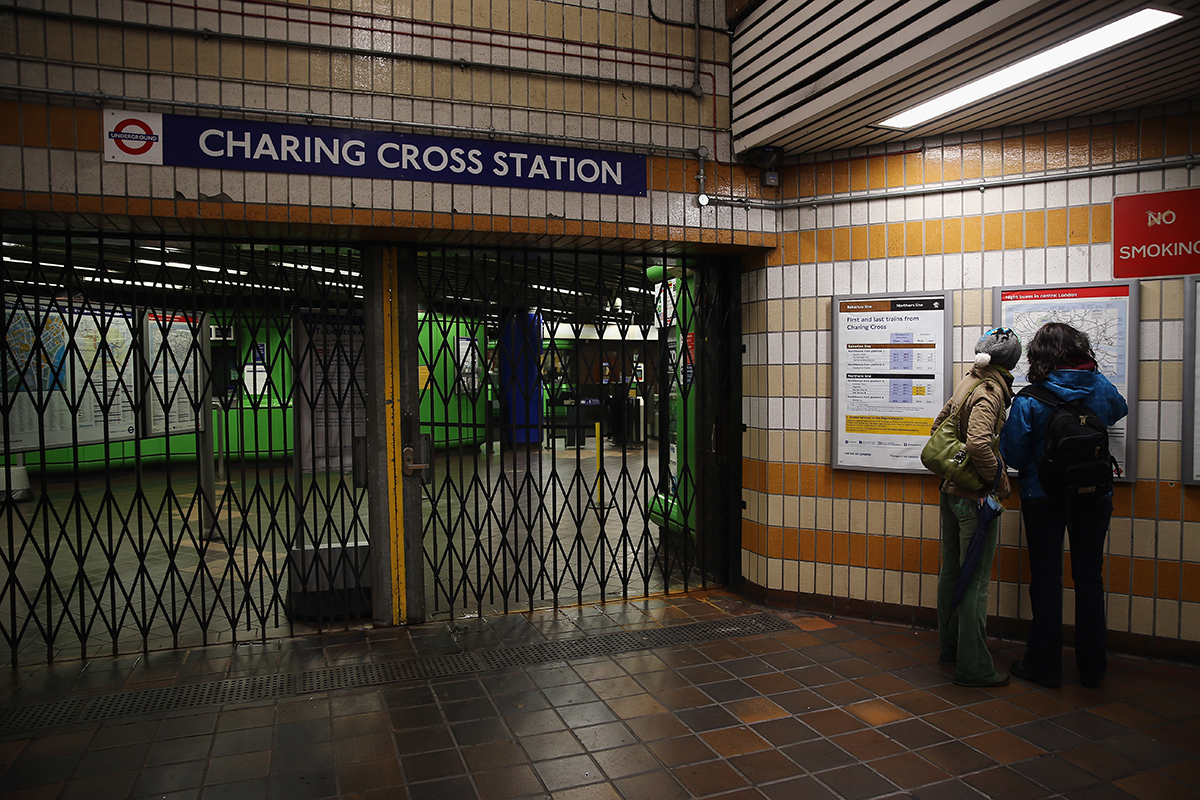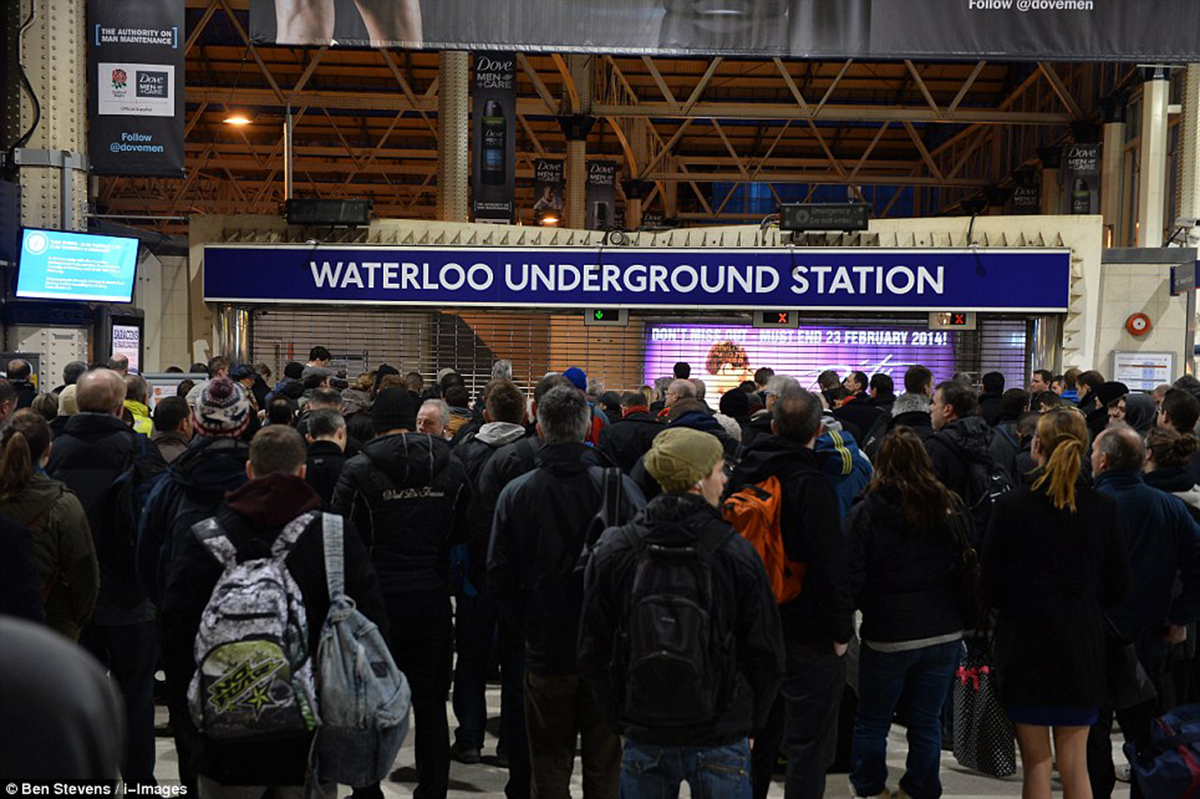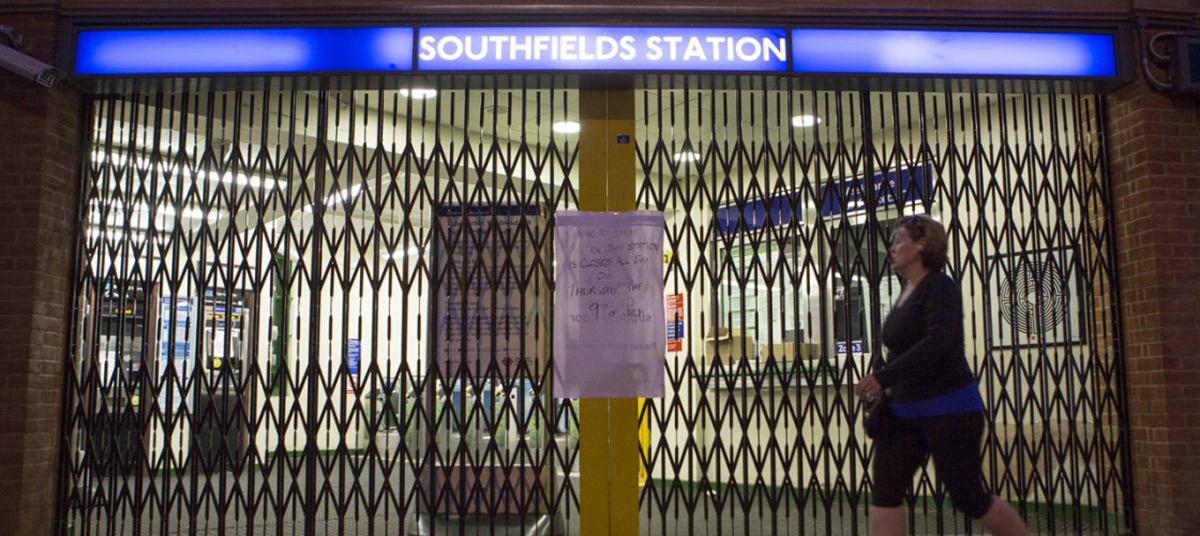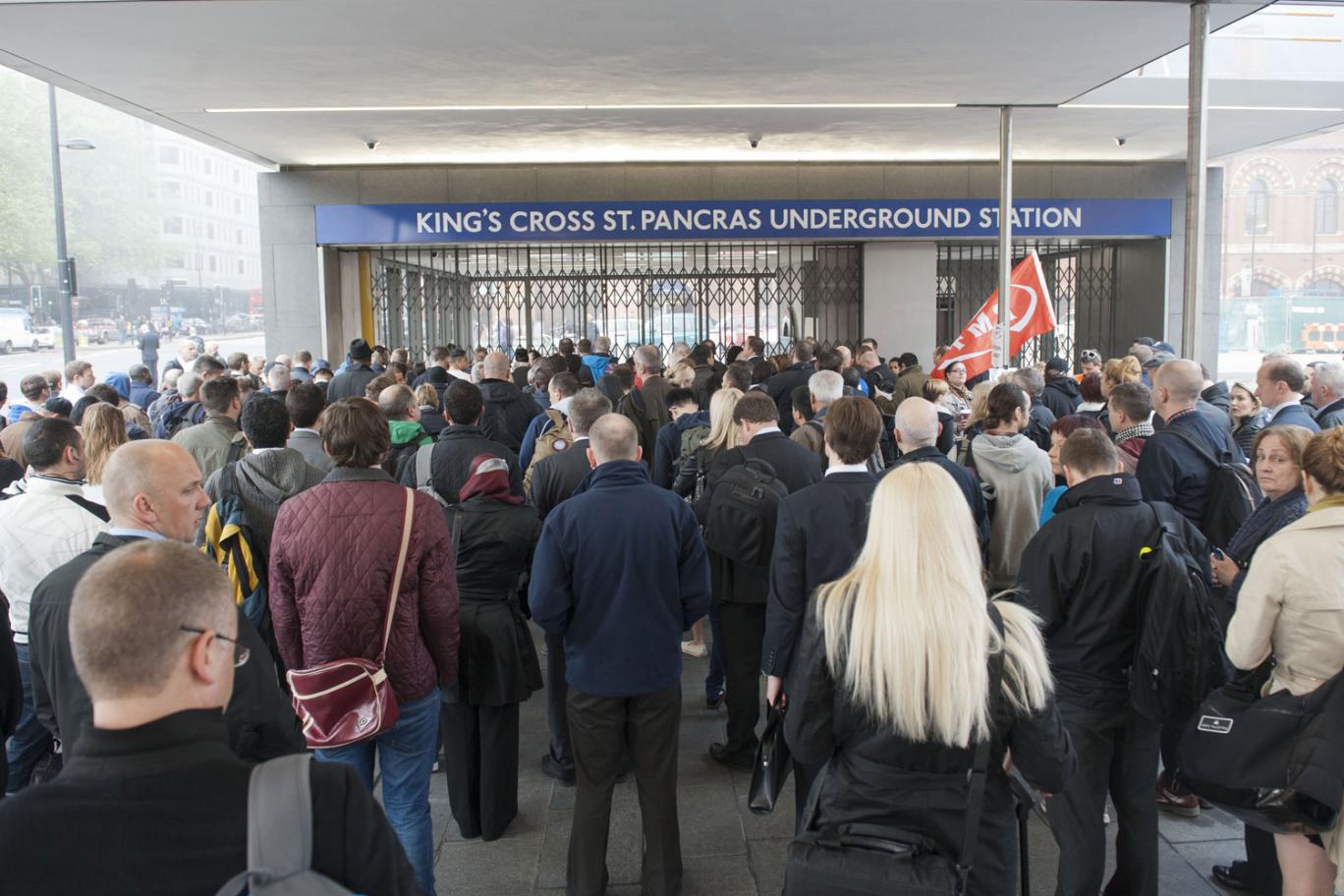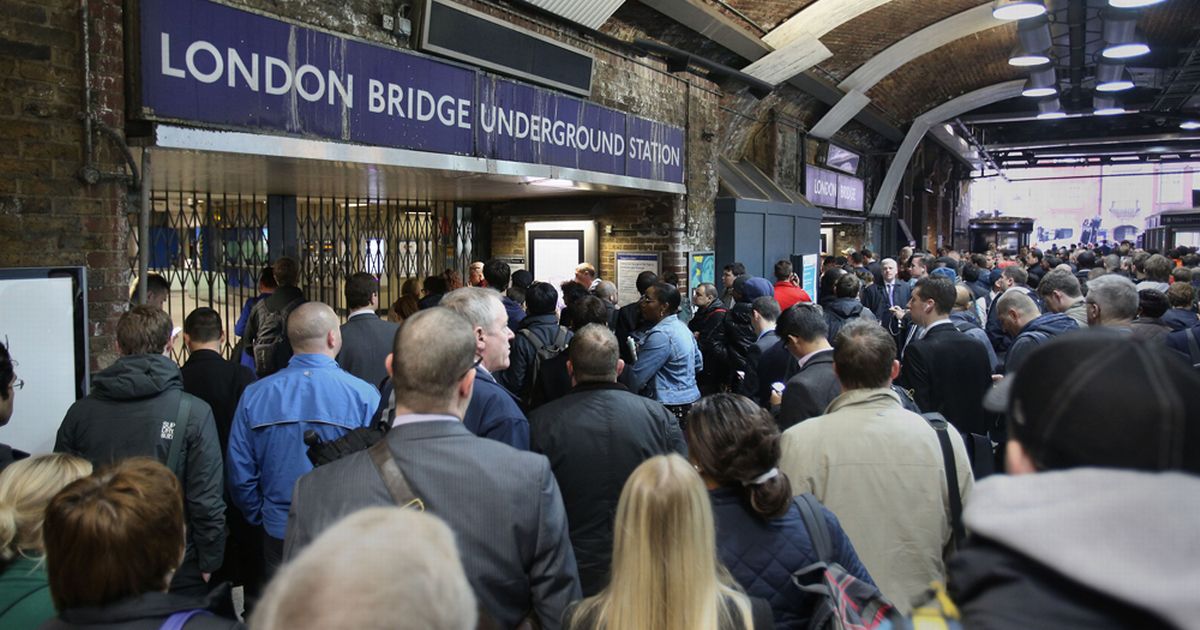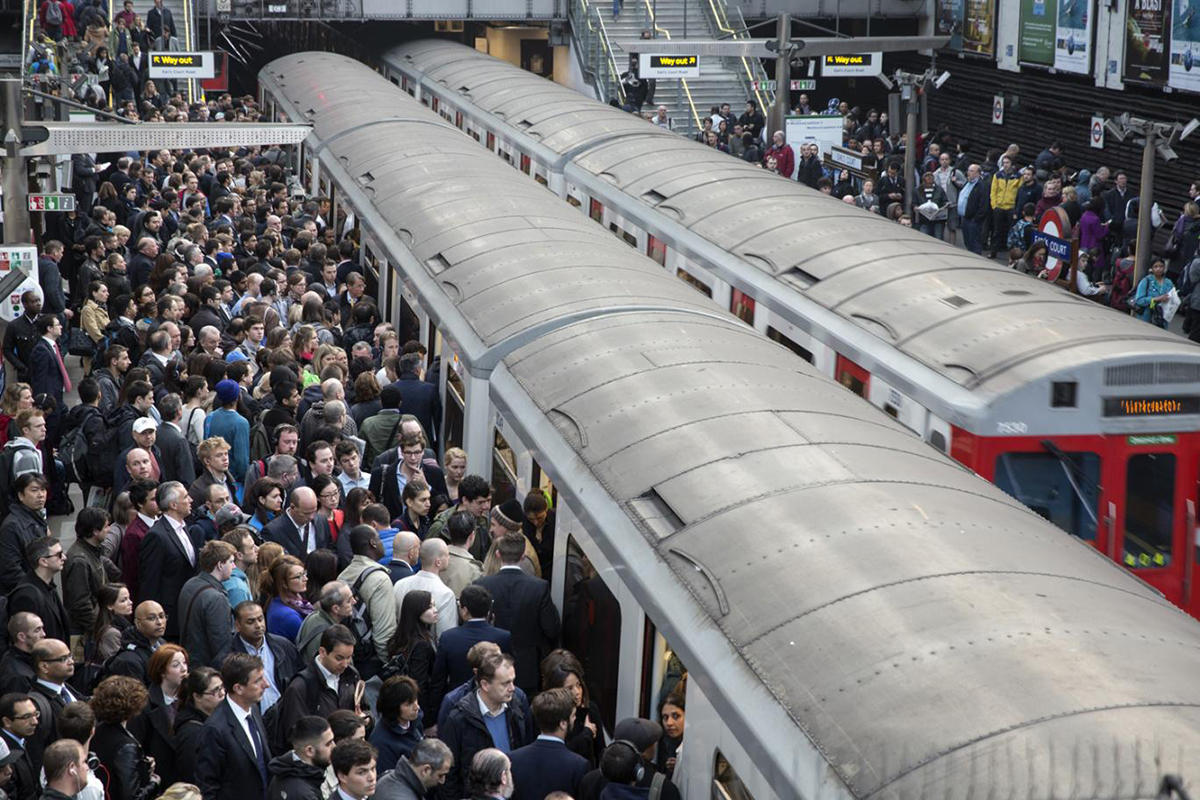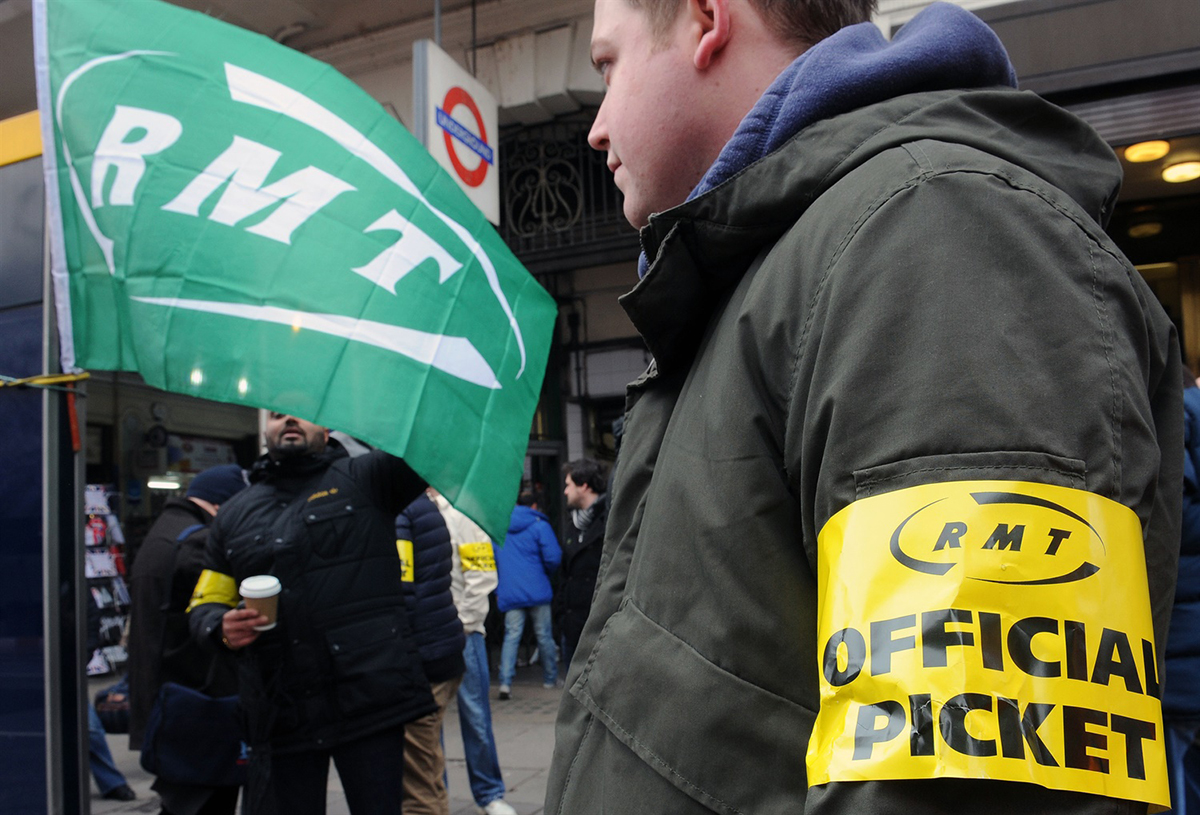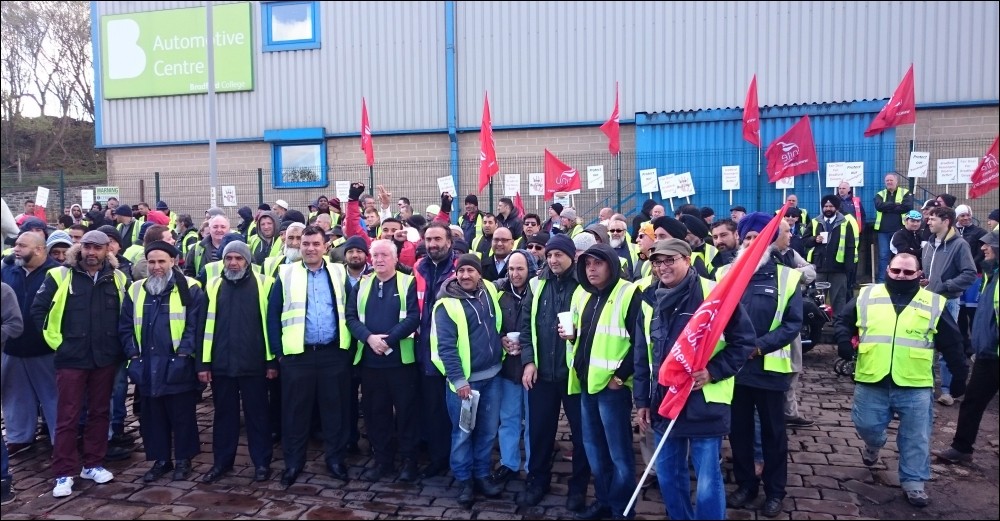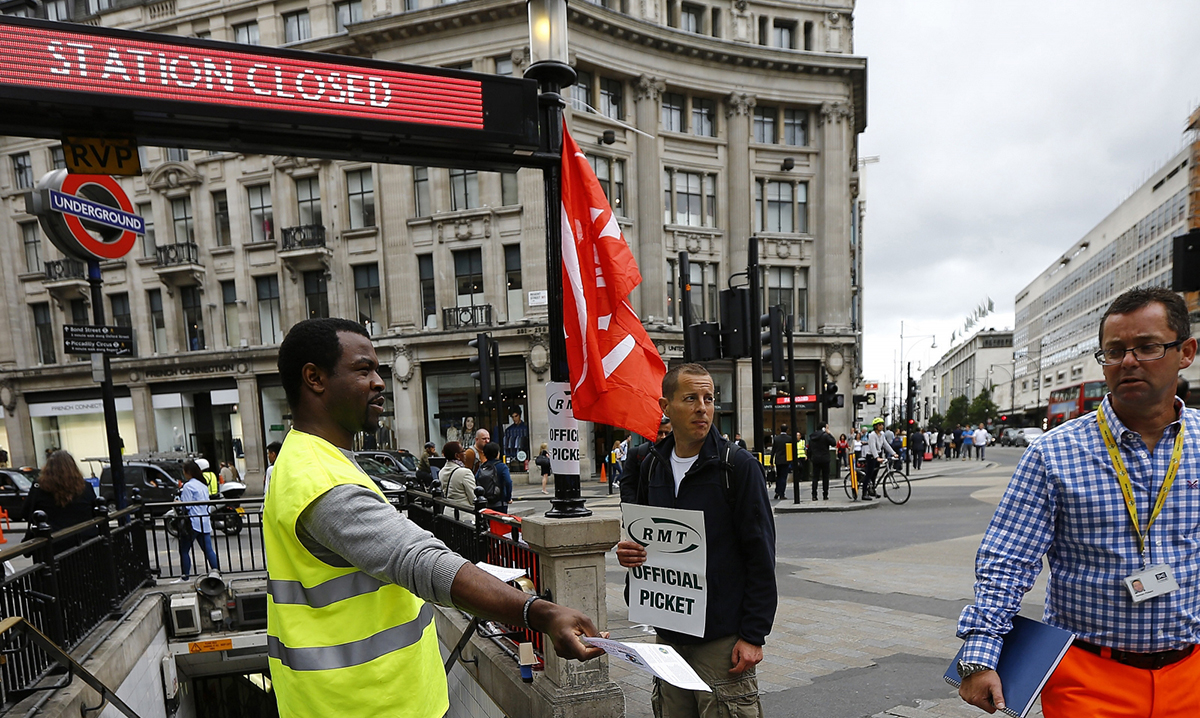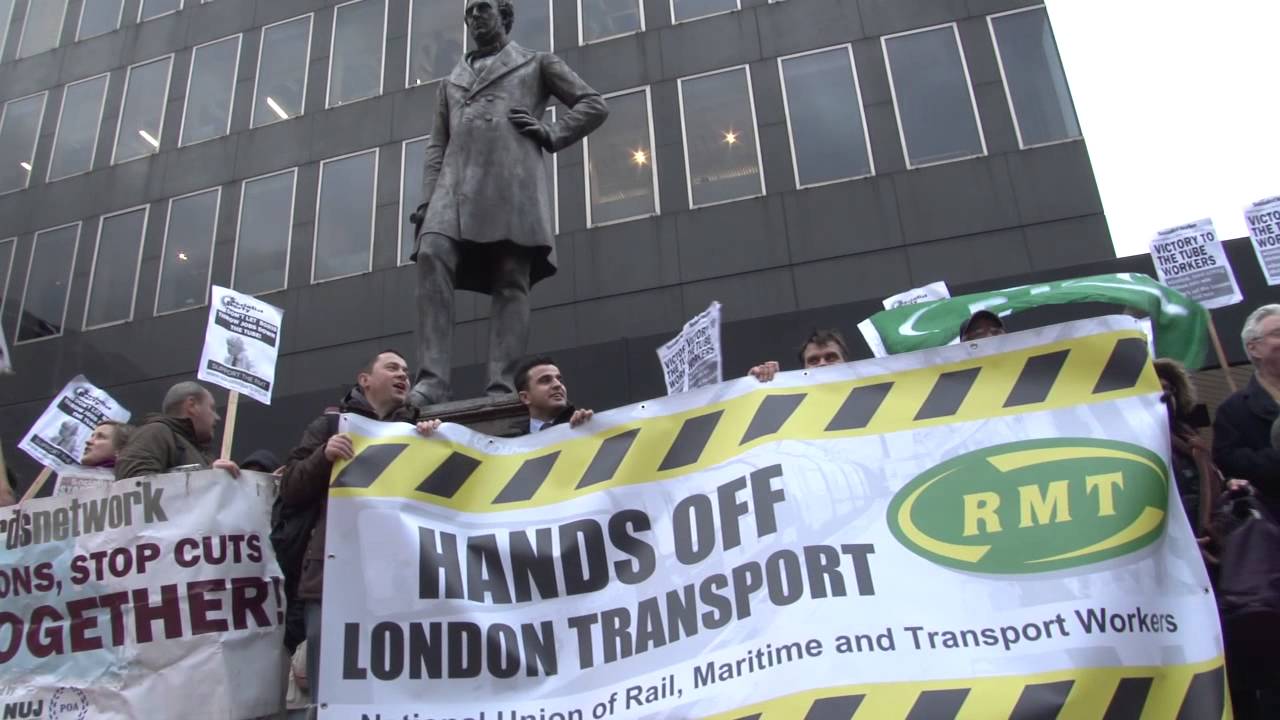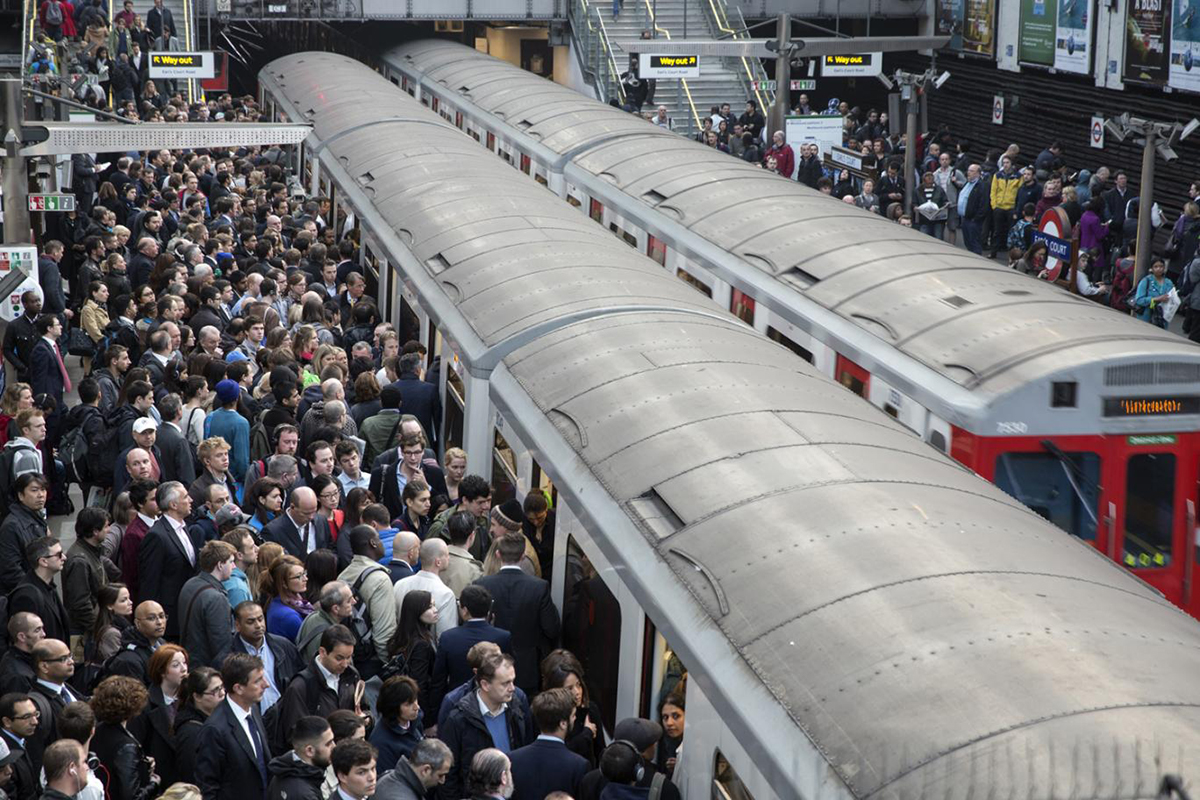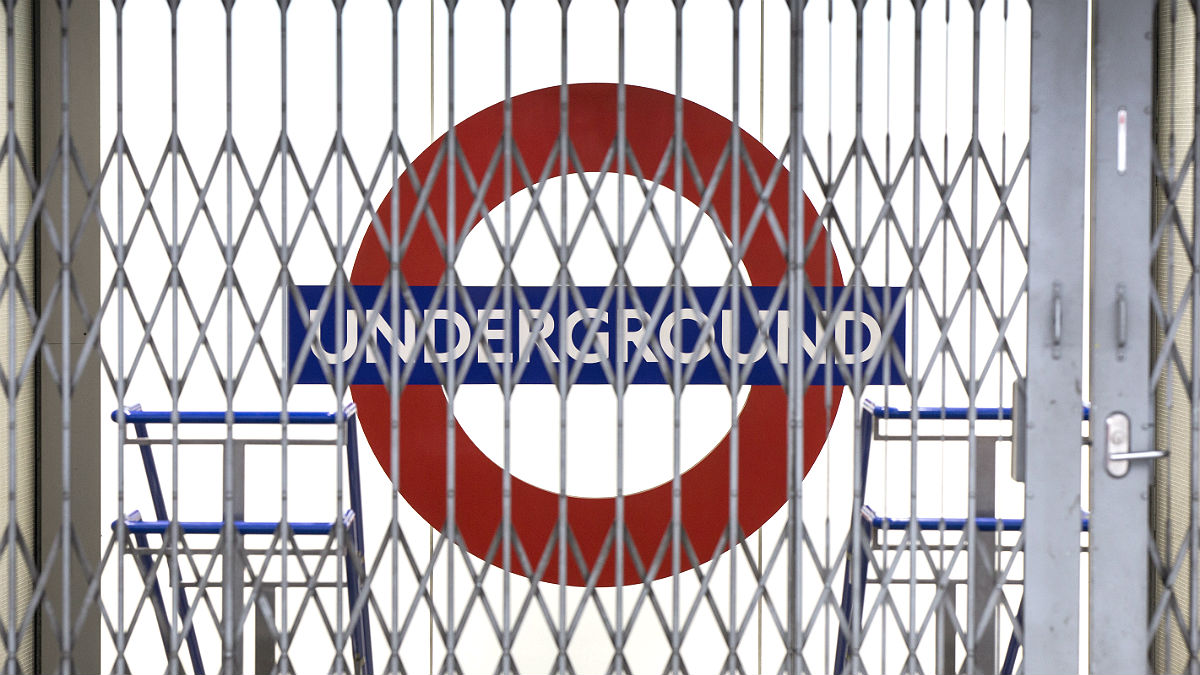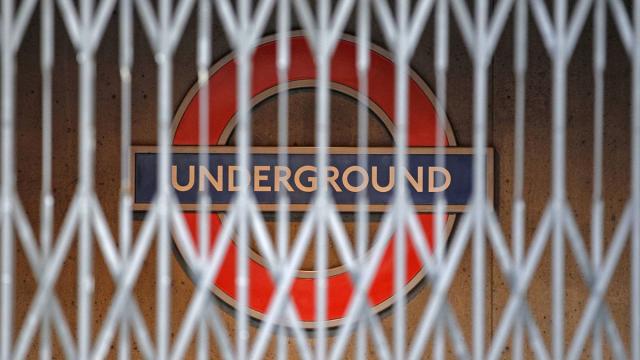
London's underground train system employees have threatened to strike over current changes in their working conditions, calling for two 24-hour blockages on Wednesday and Friday of this week.
After six days of talks, London's tube operators last Friday said a controversial new night service would involve staff working extra hours without extra pay – with the exact working hours often finalized at very short notice, meaning workers' leisure time could essentially be held hostage by their employers.
The outcry from workers – particularly their latest threat to strike on Aug. 26 and 28 – has prompted tube bosses to hold off instituting the proposed changes.
The conflict comes on the heels of recent government plans for draconian new striking laws that will severely restrict U.K. workers' rights to protest working conditions. Since unions have formed a crucial backbone to activist movements in Britain since the 1800s, many feel curbing their activities now sends a powerful message regarding the length to which the current Conservative government is prepared to go to crush public dissent.
Disgruntled workers across various sectors have expressed concern that their journeys to and from work this week will be disrupted by the possible strike. Meanwhile, the British media has focused added attention on the unpopularity of the work stoppage.
But Phil Graham, a tube driver and representative of the Associated Society of Locomotive Steam Enginemen and Firemen, says tube drivers earn on average £50,000 ($78,000) a year, and that the public's animosity towards the strikes has focused heavily on this not inconsiderable wage.
“First of all, this strike is not about money, it's about spending quality time away from work,” explained Graham. “Secondly, I totally agree when told other professions don't earn enough, [like] nurses, firemen, etc. But people should be fighting for them to improve their pay and conditions, not trying to drag others down."
"We should be getting away from this race to the bottom. There are parts of [the bill] that are so oppressive even Thatcher would have winced at it. If it goes through, I'll be shocked as a trade union activist if I can go a year without being arrested. We should all be organizing and fighting now while we can.”
Mick Cash, the General Secretary of the National Union of Rail, Maritime and Transport Workers, said: "The action is absolutely solid on London Underground across all unions, all grades and all lines and depots."
“That sends out the clearest possible message to [London Mayor] Boris Johnson and his tube bosses that they must now take the staff grievances seriously and get back into genuine and meaningful talks,” Cash added.
Echoing his sentiments, Unite regional officer Hugh Roberts said, “London Underground’s vague assurances over work/life balance and unsocial shifts ring hollow and don’t go far enough in giving our members the security they need to plan their home life over the long-term. If not enough people sign up for night shifts what happens then?"
"London Underground has made it clear that people will effectively be forced to work with its insistence that staff are contracted to work 24/7," he added. "It is a move that tears up existing contracts and runs contrary to the actions of any reasonable employer wanting to change shift patterns. The night tube can’t be run on the wing and a prayer that enough people will sign up for unsocial shifts. Nor can be it run by ripping up agreed terms of employment."
Transport for London (TfL) has made every attempt to apologize for the strikes, trying to convince customers that the unions are being unreasonable and uncommunicative.
“Having previously argued that it was all about 'work-life balance,' certain unions have now made a whole series of unaffordable demands for more pay, shorter working hours and the reversal of the modernization of the Tube,” argued London Underground Chief Operating Officer Steve Griffiths.
“The £1.4 billion cost would either mean our customers being hit with an extra 6.5 per cent fares increase on top of the annual increases already assumed or wholesale cuts for plans to modernize the Circle, District, Hammersmith & City and Metropolitan lines. No responsible management could even contemplate such demands," Griffiths said. "Our customers and London's businesses want to see this dispute resolved and, instead of threatening strikes, we call on the unions to engage in calm and realistic discussion with us to achieve that.”
But currently the meetings have dragged and dragged, with TfL bosses and potential strikers entering a second week of solid negotiations and no agreement in sight.
3 WAYS TO SHOW YOUR SUPPORT
- Log in to post comments

